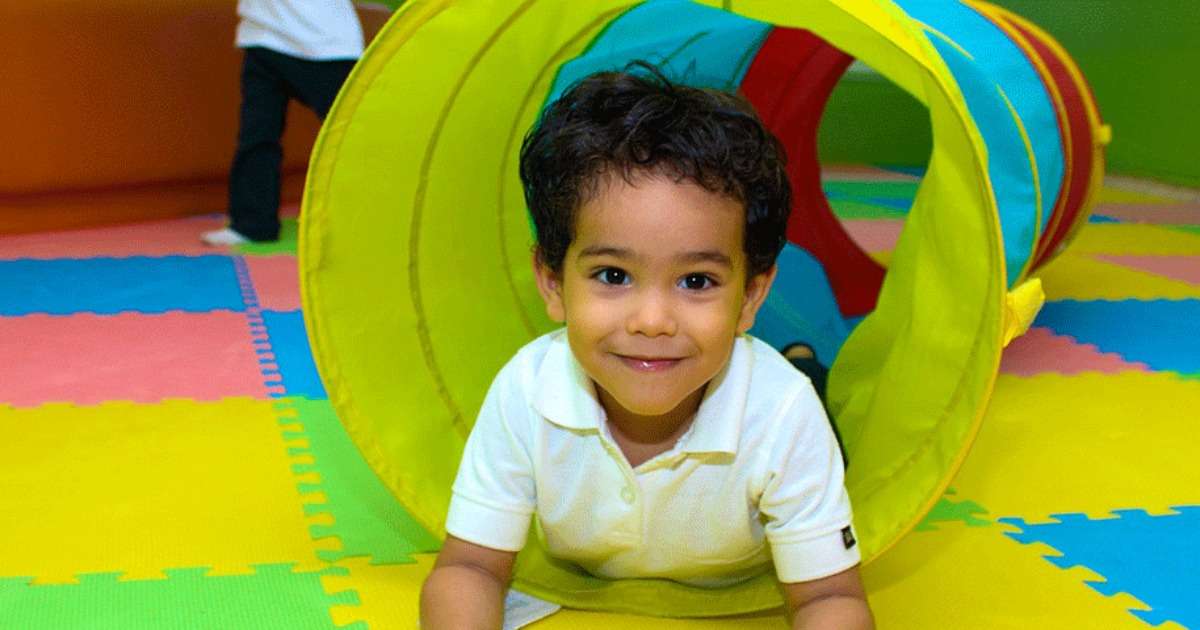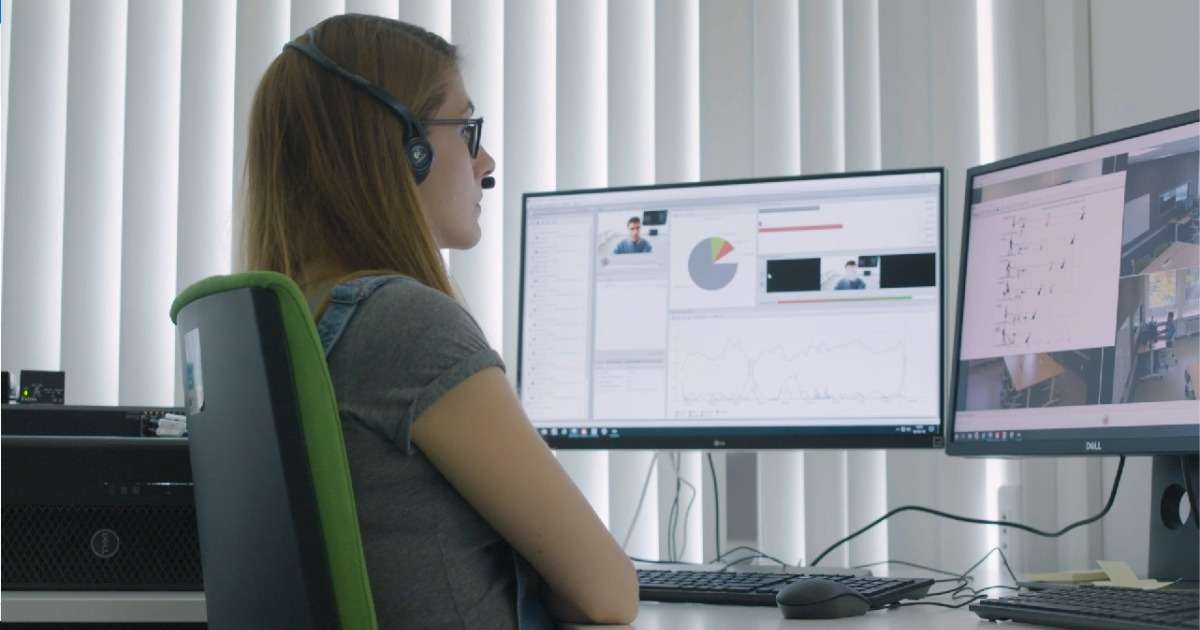
How to build a usability lab?
Usability testing is an essential part of user centered design processes. It is necessary to evaluate prototypes. So how do you build a usability lab? This how to will help you out!

The effectiveness of physical therapy sessions for children with cerebral palsy
Researcher Sébastien Vanderlinden is committed to describe which and how long physical therapy skills are performed during NDT sessions.

Retail analysis - Using TrackLab in a supermarket
Noldus Information Technology teamed up with Jan Linders supermarkets, a chain of supermarkets in the southern part of The Netherlands.

Simulation-based team training in obstetrics
The study of Annemarie Fransen and her team shows that simulation-based team training is effective in improving communication and cooperation of obstetric care teams.

UX: from the Anthropocene to science fiction and moonshots
Even after spending a decade in contact with User Experience researchers and professionals, the domain never stops to fascinate and amaze me. In October I had the privilege of joining the 10th NordiCHI conference, in Oslo.

Validation-study: Basic emotions and Action Units detection
Guest blogger Jan Zumhasch, a certified FACS-coder, explains why FaceReader is amazing if you want to analyze facial expressions and emotions.

Analyzing the mealtime behaviors of children with autism
Disrupted mealtimes and feeding challenges may risk the development of family stability, as well as the social skills and well-being of a child. Which strategy should families use to support meal time engagement?

Smile like you mean it
Of all human expressions, a smile is the most universal. But can you tell which smile is real and which is false?

How to master automatic Facial Expression Recognition
Many researchers have turned towards using automated facial expression recognition software to better provide an objective assessment of emotions.

Understanding the digital world at the Social Media Lab
In this unique lab, technology is applied to understanding user experience, behavior on social media, and much more.
